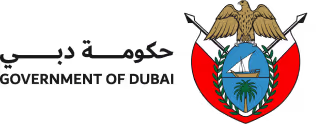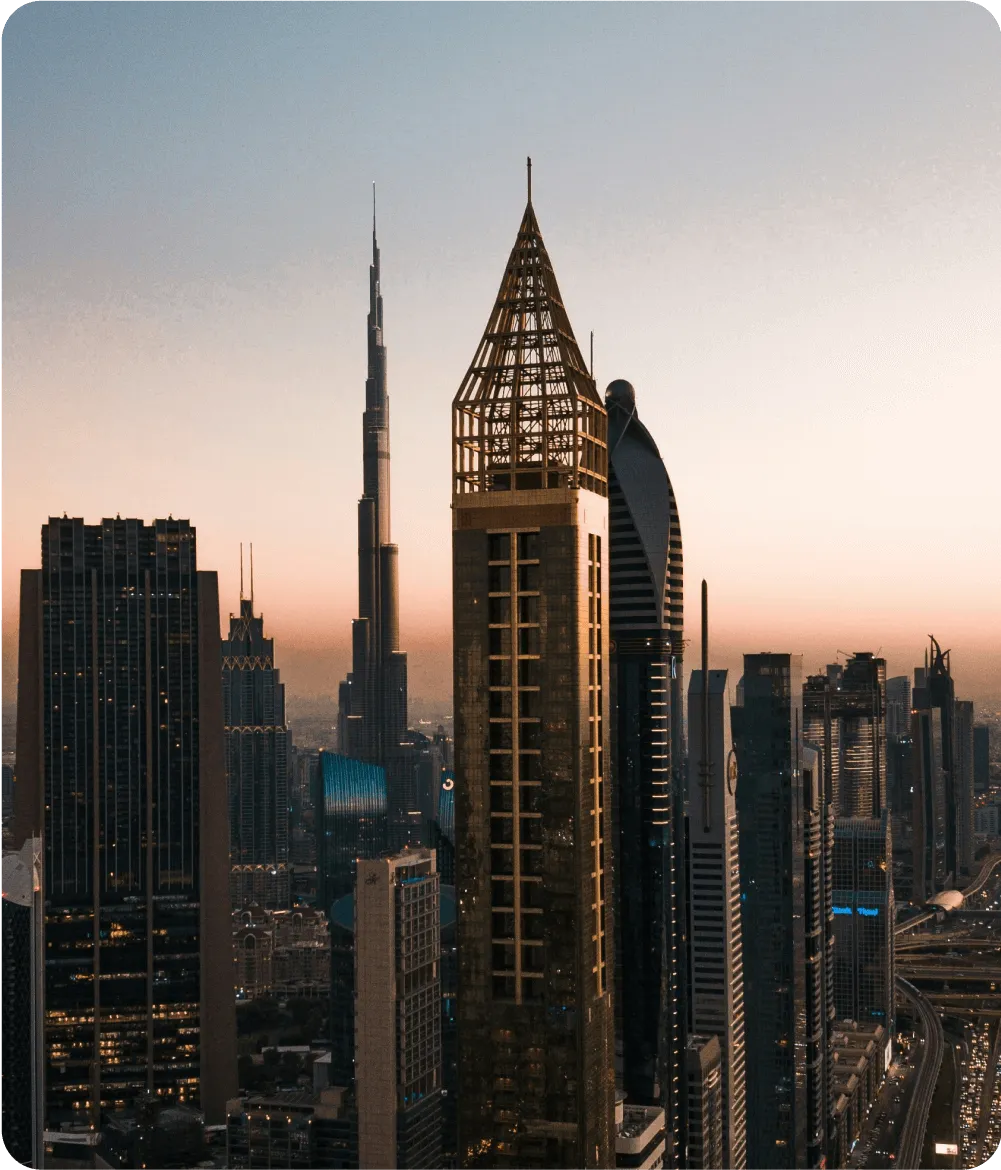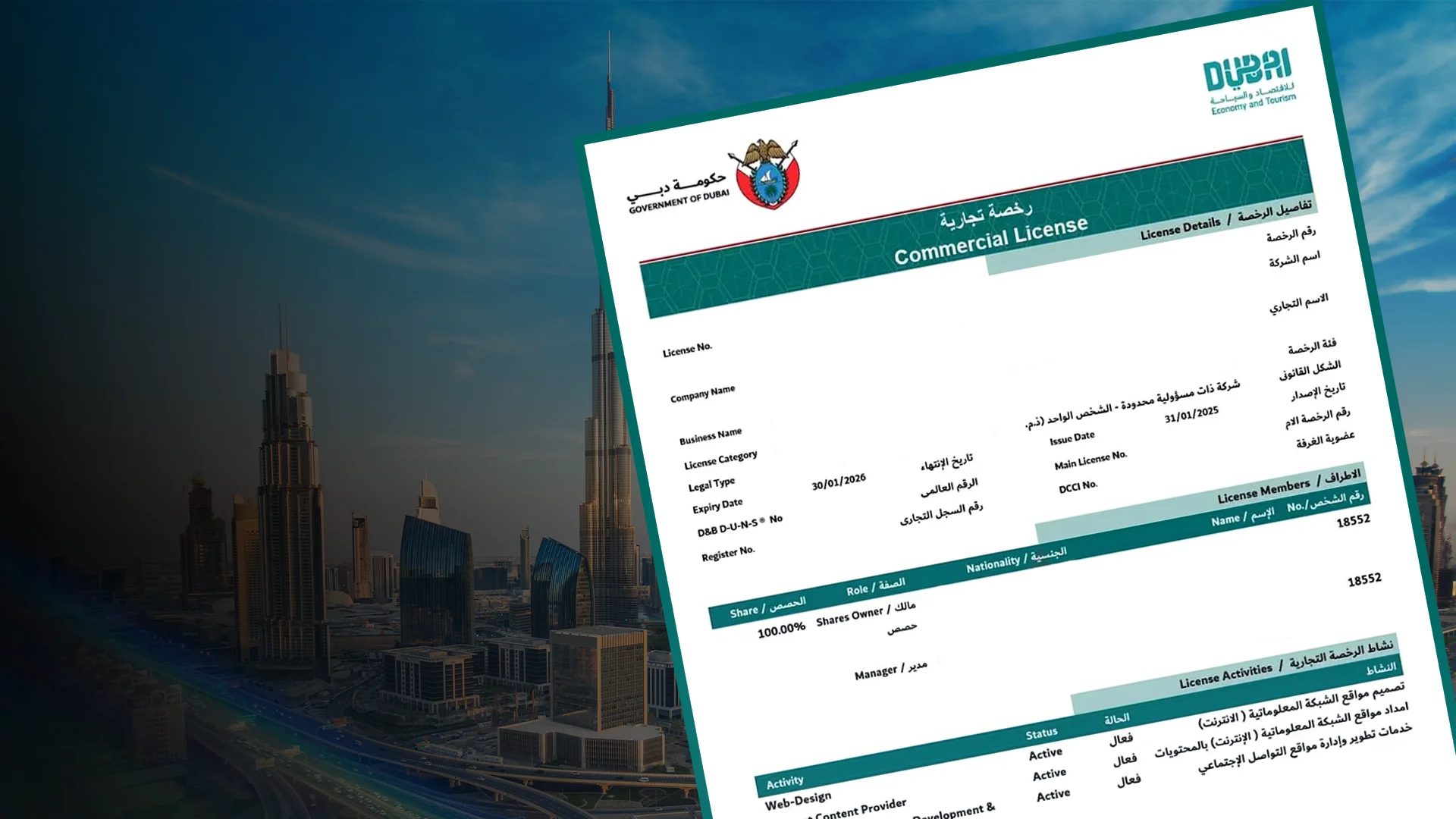
Topic Summary
1. Understanding UAE Inheritance Law and Sharia Principles
Expatriates in the UAE must recognise that inheritance matters are primarily governed by Sharia law, which may not align with their home country’s legal framework. Without a valid will, assets can be distributed according to Islamic rules, potentially conflicting with personal wishes. Drafting a will compliant with UAE regulations is essential to ensure proper asset allocation.
2. Drafting a Valid Will within the UAE Framework
Since 2022, non-Muslim expatriates can register wills under the DIFC Wills Service Centre and Abu Dhabi Global Market (ADGM) Wills and Probate Registry. These wills specifically cover assets located in the UAE and allow expatriates to designate beneficiaries according to their preferences, superseding default local inheritance laws.
3. Utilising Trusts for Enhanced Asset Protection
Trusts formed under foreign jurisdictions can offer expatriates a mechanism to manage assets securely and provide privacy. However, trusts are not directly recognised under UAE law. It is vital to structure them carefully, often in conjunction with wills registered in UAE free zones, to ensure enforceability and effective asset protection.
4. Beneficiary Designations and Property Ownership Structures
Careful planning of property ownership—such as through freehold zones, company ownership, or usufruct rights—can influence the ease of transferring assets upon death. Reviewing beneficiary designations on bank accounts, insurance policies, and investments helps prevent delays and disputes during estate settlement.
5. Engaging Specialist Legal Advice for Comprehensive Solutions
Given the complexity of cross-border estate planning and the evolving legal landscape in the UAE, engaging with legal professionals specialising in expatriate asset protection is critical. This ensures that wills, trusts, and other arrangements comply with both UAE law and international standards, securing the expatriate’s legacy effectively.
Dubai welcomed over 6,000 millionaires in 2023 alone — not just for its tax-free income, but for its global stability, investor-friendly laws, and secure lifestyle. And for the 9 million+ expatriates who call the UAE home, one question matters more than ever: how do I protect what I’ve built?
From property and business shares to digital assets and family wealth, asset protection isn’t just about paperwork — it’s about peace of mind. And in 2025, asset protection for expatriates in UAE has become smarter, more flexible, and entirely in your hands — thanks to landmark updates in inheritance laws, civil wills, and legal ownership structures.
But asset protection doesn’t start with a will. It starts with structure — and that’s where Meydan Free Zone comes in. We help you build that foundation right: with limited liability, full foreign ownership, and guidance that goes beyond setup.
Here’s what’s changed, what you need to know, and how Meydan Free Zone can help you protect your legacy with clarity, compliance, and confidence.
Civil Law Over Sharia: A New Era in UAE Inheritance Laws for Expatriates
Until recently, inheritance in the UAE defaulted to Islamic (Sharia) law — even for non-Muslim expats. That meant:
- Fixed distribution formulas (e.g., sons inherit twice as much as daughters)
- Frozen bank accounts upon death
- Uncertainty over guardianship of minor children
- And in some cases, courts applying rules that contradicted an expat’s personal wishes
Today, that’s changed. Under Federal Decree-Law No. 41 of 2022, non-Muslim expatriates can opt into a civil inheritance system that respects equal distribution and allows for personal choice. If you don’t make a will, the law now defaults to a 50/50 split between spouse and children — male or female, equally.
This evolution in UAE inheritance laws for expatriates puts more control in your hands — but only if you formalise your wishes in a recognised will.
UAE Wills for Expats: Now Easier, Faster, and Legally Enforceable
Registering a will in the UAE used to be confusing or unavailable — but now, non-Muslim residents and even non-residents can register enforceable wills locally.
Two key options:
- DIFC Wills Service Centre (English common law, full UAE coverage, includes guardianship, assets, business shares, digital property, and more)
- Dubai Courts or Abu Dhabi Judicial Department (ADJD) (Arabic-based civil format, lower cost, ideal for single-emirate estates)
These systems mean UAE wills for expats are no longer optional. Without one, your estate could still face delays or partial application of Sharia principles — especially for assets like real estate, business shares, or bank accounts.
At Meydan Free Zone, your license protects your business, but a DIFC or Dubai Court will protects everything beyond it. We always recommend pairing a business setup with an estate plan — because a future-proof business needs a future-proof legacy.
Trusts and Foundations in UAE: Future-Proofing Your Assets
For larger estates or expats with multiple heirs, trusts and foundations in UAE offer next-level protection. These structures:
- Remove your personal name from ownership
- Avoid probate altogether
- Define clear rules for inheritance or succession
- Shield your assets from legal disputes or creditor claims
The DIFC and ADGM both offer common-law compliant foundations and trusts, ideal for holding business shares, property, or nvestments. Even RAK ICC now offers offshore foundations, tailored for global wealth protection.
Thanks to new federal trust legislation introduced in late 2023, onshore trusts are now also legally recognised across all seven emirates — offering even more options for expatriates seeking clarity and control.
Estate Planning for Non-Muslims in UAE: Don’t Wait Until It’s Too Late
Estate planning isn’t just for the ultra-wealthy — it’s for anyone who’s building a life here.
Whether you:
- Own property
- Have a partner or children
- Operate a business
- Hold investments or savings in the UAE
- Or split your time and assets across borders
…you’re already in the territory where smart estate planning matters.
And here’s the truth: it doesn’t begin with a will. It begins with structure — the kind you put in place when you register a business, buy your first asset, or set up a bank account. That’s why every entrepreneur and investor needs to think beyond the license.
A business setup with the right legal protections is the first layer of asset protection. After that comes your will, your share transfers, your beneficiary designations — all the details that decide what happens after you.
At Meydan Free Zone, we make sure your setup works not just for day one, but for every chapter that follows. Because the business you build today should serve the people you care about tomorrow.
In Conclusion
In a region built for growth, protecting what you build is just as important as building it.
From wills and trusts to company structures and succession plans, asset protection for expatriates in the UAE is no longer optional — it’s essential.
Whether you’re just starting your business or scaling your portfolio, the choices you make today will shape your legacy tomorrow. At Meydan Free Zone, we don’t just help you launch — we help you protect, plan, and move forward with confidence.
Because peace of mind isn’t a luxury. It’s part of the plan.
FAQs
1. What law governs inheritance for non-Muslim expatriates in the UAE?
As of February 2023, inheritance for non-Muslim expatriates is governed by Federal Decree-Law No. 41 of 2022, which introduced a civil personal status code. It allows equal distribution of assets between male and female heirs and overrides Sharia law if no will is present, unless the deceased opts for home-country law.
2. What happens if a non-Muslim expat dies without a will in the UAE?
If no will is registered, Federal Law No. 41/2022 applies by default to non-Muslims. The spouse receives 50% of the estate, and the remaining 50% is divided equally among children, regardless of gender. However, asset freezing and court procedures still apply, which can delay access.
3. Can non-Muslims register a will in the UAE?
Yes. Non-Muslim expatriates can register a will through the DIFC Wills Service Centre, Dubai Courts, or the Abu Dhabi Judicial Department (ADJD). DIFC wills follow common law, are enforceable across the UAE, and can be fully registered online without needing to visit the DIFC in person, making the process accessible for both residents and non-residents.
4. Are DIFC wills valid for expatriates who live outside Dubai?
Yes. DIFC wills can cover assets across the entire UAE, even for expats who reside outside Dubai. Non-residents who own assets in the UAE can also register DIFC wills, making it a flexible option for global investors.
5. What is the new federal trust law in the UAE?
The Federal Trust Law (Decree-Law No. 31 of 2023) officially recognises trusts across all UAE emirates. It allows the registration of trusts with legal personality, enabling expatriates to hold and manage assets under trust structures that bypass probate and protect against foreign claims.
6. Can I use a UAE foundation for estate planning?
Yes. Foundations registered in DIFC, ADGM, or RAK ICC allow expats to transfer assets into a legally separate entity. These structures can define succession terms, bypass probate, and shield assets from creditor or forced-heirship claims — including foreign court rulings.
7. Is jointly owned property in the UAE automatically transferred to the surviving spouse?
No. The UAE does not automatically apply survivorship rules to jointly owned property. Without a will or alternate ownership structure (like a foundation), the deceased’s share may be frozen and distributed through court, potentially leading to delays or unintended outcomes.
8. Can a business license from Meydan Free Zone be included in a will or trust?
Yes. Meydan Free Zone licenses are legally recognised assets that can be included in wills, assigned to heirs, or held under trusts and foundations. Structuring your business correctly from the start — with limited liability and clear ownership — makes succession simpler and more secure.































